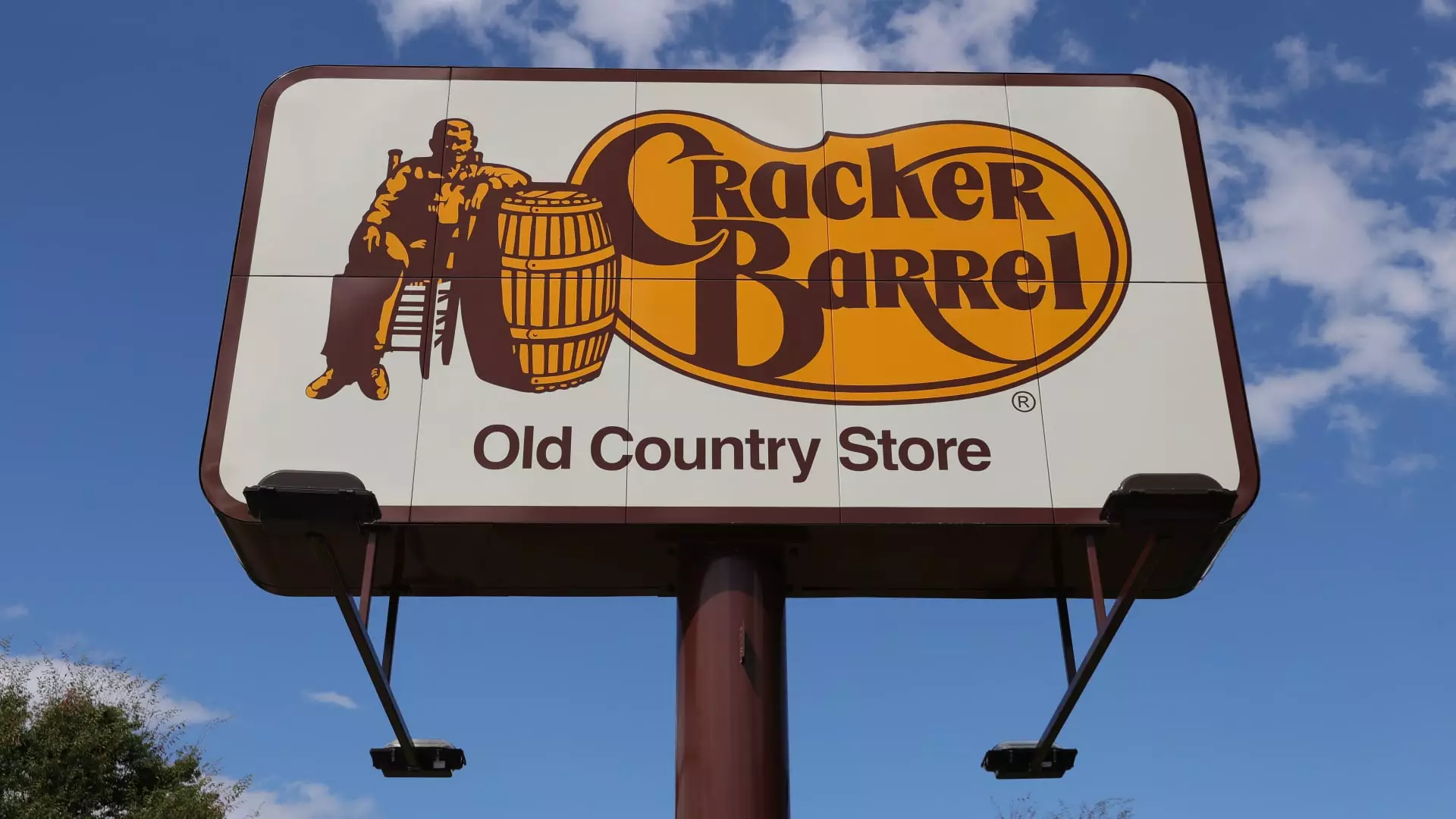In a world obsessed with constant innovation, corporations often fall into the trap of believing that modernizing their brands equates to progress. Cracker Barrel’s recent retreat from its push to overhaul its nostalgic Americana aesthetic exposes a fundamental flaw in this mindset: the disconnect between corporate visions of modernity and the authentic loyalty of its customer base. While rebranding and renovation are natural parts of evolution, they must resonate with the core identity that consumers cherish. Stripping away that identity under the guise of “modernity” can lead to backlash and decline — precisely what Cracker Barrel is now experiencing.
The Power of Cultural Heritage in Branding
Many brands underestimate the power of cultural authenticity rooted in tradition. Cracker Barrel, once a symbol of rustic comfort and nostalgia, attempted to shed its heritage elements in favor of a sleeker, more contemporary look. However, this move failed because it disregarded what customers truly valued: a sense of familiarity, warmth, and continuity. The removal of beloved icons like “Uncle Herschel” and the shift away from the “Old Country Store” image felt not just superficial but a betrayal of the brand’s core identity. Authenticity isn’t just a marketing concept—it’s the foundation of consumer trust. When brands lose that, their efforts to modernize can backfire spectacularly.
The Consequences of Disconnected Innovation
Cracker Barrel’s decision to temporarily suspend all remodeling initiatives underscores a sobering lesson: innovation must be rooted in an understanding of the audience’s emotional attachment. The backlash, which even reached political figures, highlights how deeply customers associate the brand with specific images and experiences from their past. The company’s own admission—that only four locations were remodeled and that these changes did not align with customer expectations—illustrates the perils of superficial experimentation. Instead of genuine engagement with consumer preferences, the company’s efforts appeared to be driven by a misguided desire to appear modern, risking alienation in the process.
Resisting the Temptation to Abandon Tradition
Cracker Barrel’s reversal and return to its vintage branding reveal an essential truth: traditional values often hold more power than fleeting trends. Although modernization can seem appealing to corporate strategists seeking relevance, it is often at odds with the emotional comfort that loyal customers seek in familiar, time-honored symbols. In an era where superficial change is rampant, authenticity and respect for tradition serve as the true anchors of success. Brands that recognize this will be better positioned to foster genuine loyalty, rather than chasing ephemeral appearances of freshness.
The Center-Left Outlook: Balancing Progress with Preservation
From a center-wing liberal perspective, there’s a vital lesson in Cracker Barrel’s misadventure: progress must be inclusive of cultural values and historical roots. While the push for innovation is important in a competitive economy, it should never come at the expense of authenticity. Recognizing that consumer loyalty often hinges on shared history and community identity is crucial. The company’s pause and reversal serve as a reminder that meaningful change requires humility and a willingness to listen — qualities that bridge the gap between progress and preservation. Only then can corporations build sustainable brands that respect the past while responsibly navigating the future.

